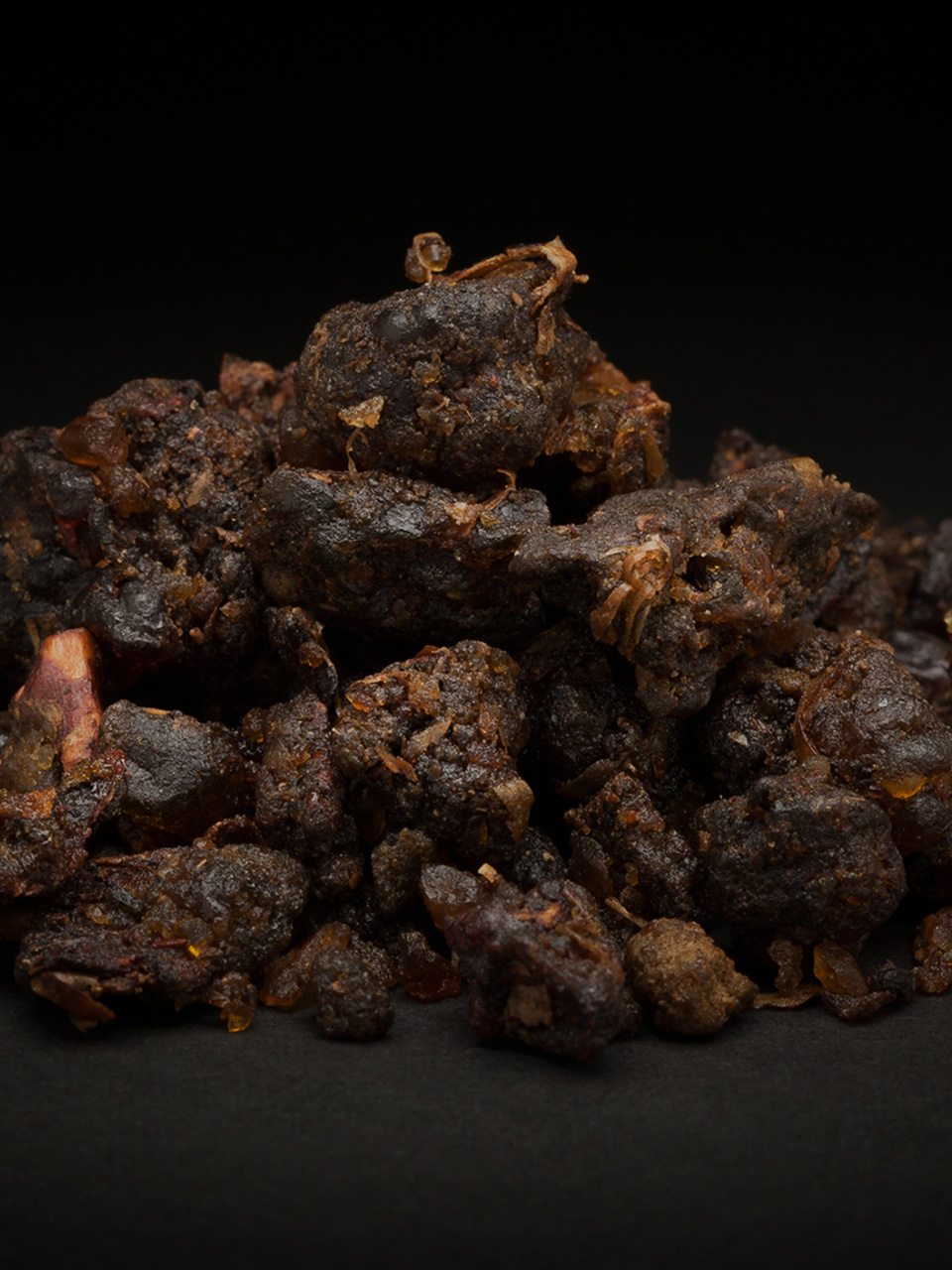
Tap to Read ➤
Guggul Side Effects
Kritika Parwani


Guggul, also known as guggal, guggulu, Indian Bedellium, or mukul myrrh tree, is a flowering plant which belongs to the family Burseraceae. Its scientific name is Commiphora wightii. This plant has been a key constituent in the ancient Indian Ayurvedic system of medicine. Despite its manifold health benefits, this plant is known to have certain fallouts.
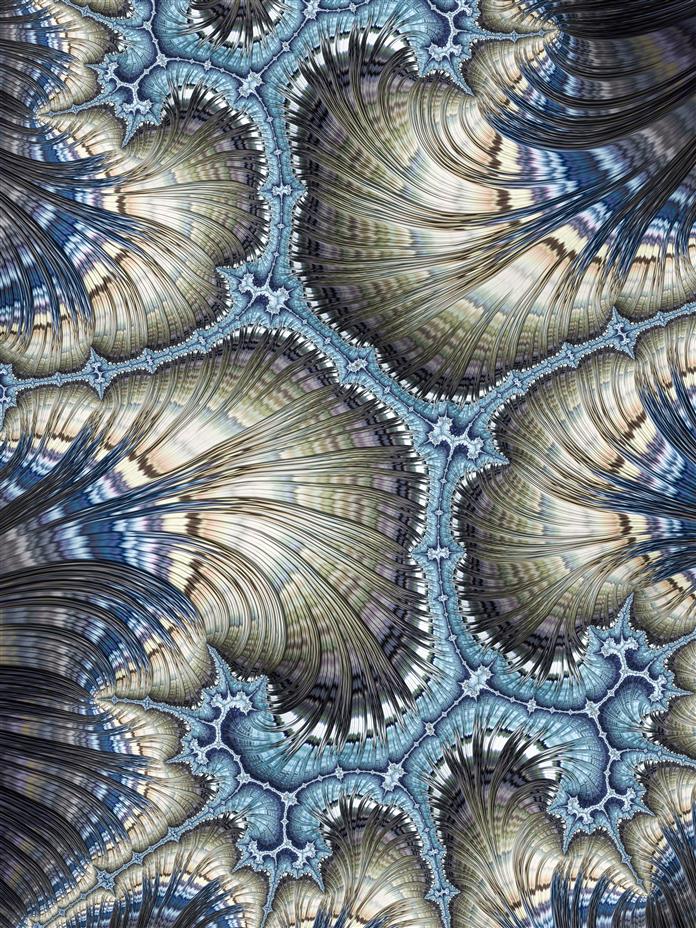
The upcoming story aims at enlightening you in this regard.
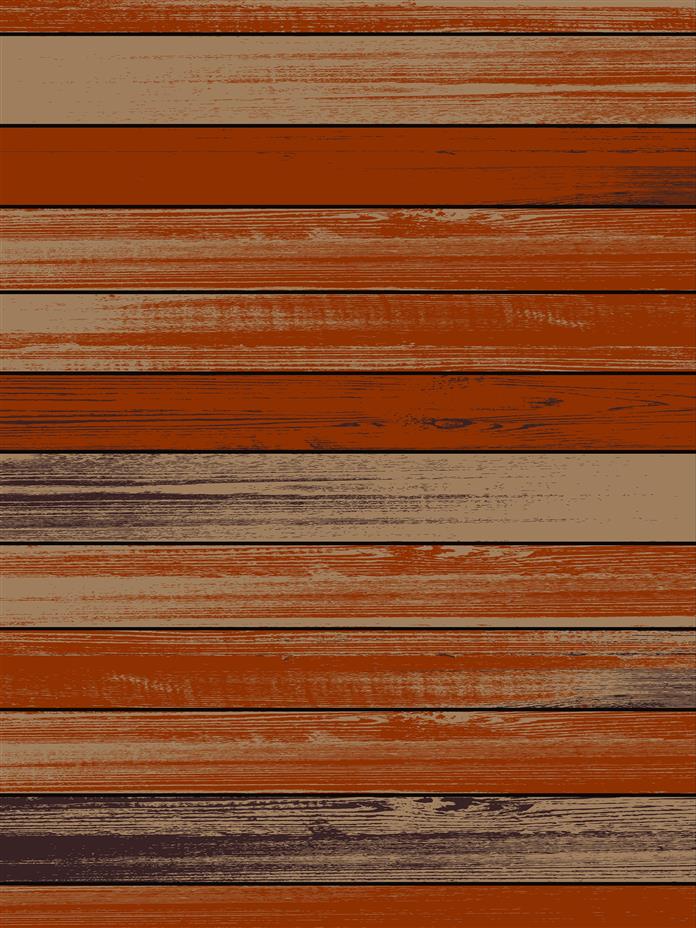
The guggul plant is most commonly found in Northern India and may be found in northern Africa and central Asia as well. It is a shrub, has a thin papery bark, and can reach a maximum height of 4 meters. It prefers arid to semi-arid climates and is tolerant to poor soil.
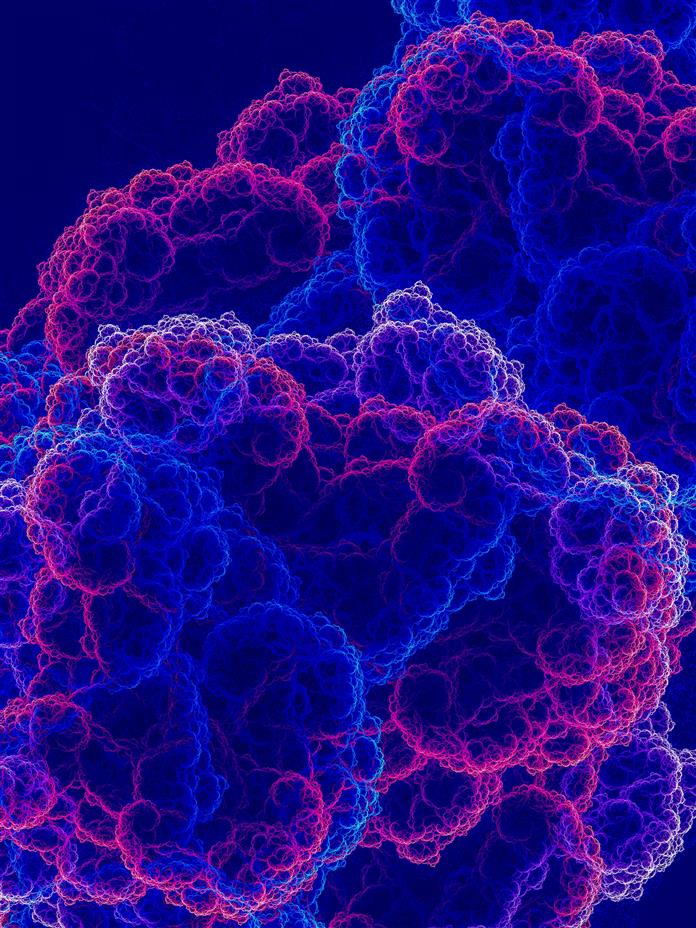
A resinous sap known as gum guggul is produced by guggul. The extract of this gum, called gugulipid or guggulipid, has been used in Ayurvedic and UNANI medicine for almost 3,000 years in India.
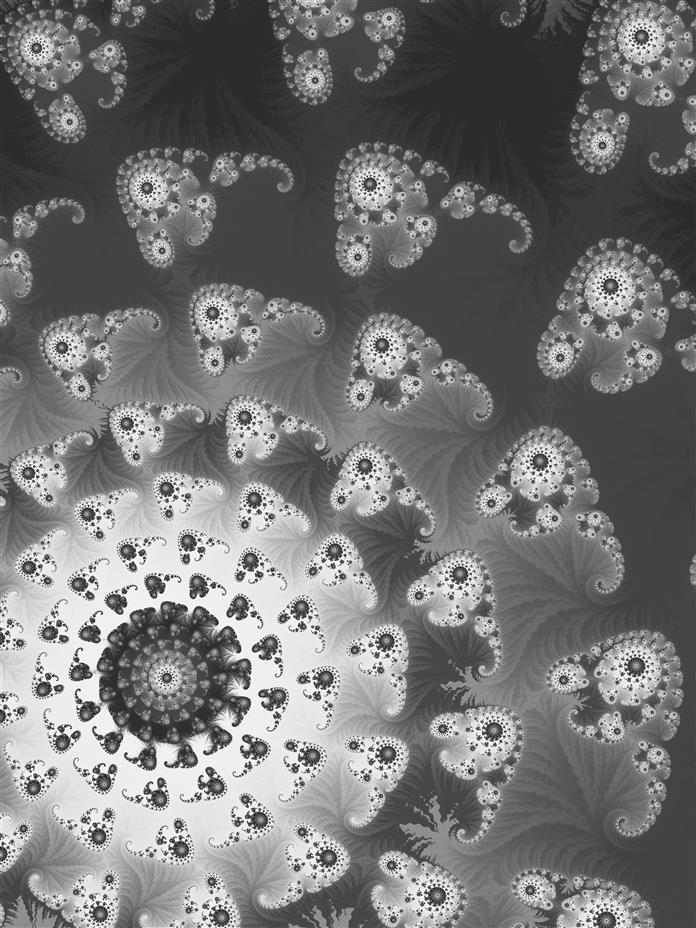
Because of its overuse in two habitats in India (Gujrat and Rajasthan), the World Conservation Union has enlisted this plant in the Red Data List of endangered species.
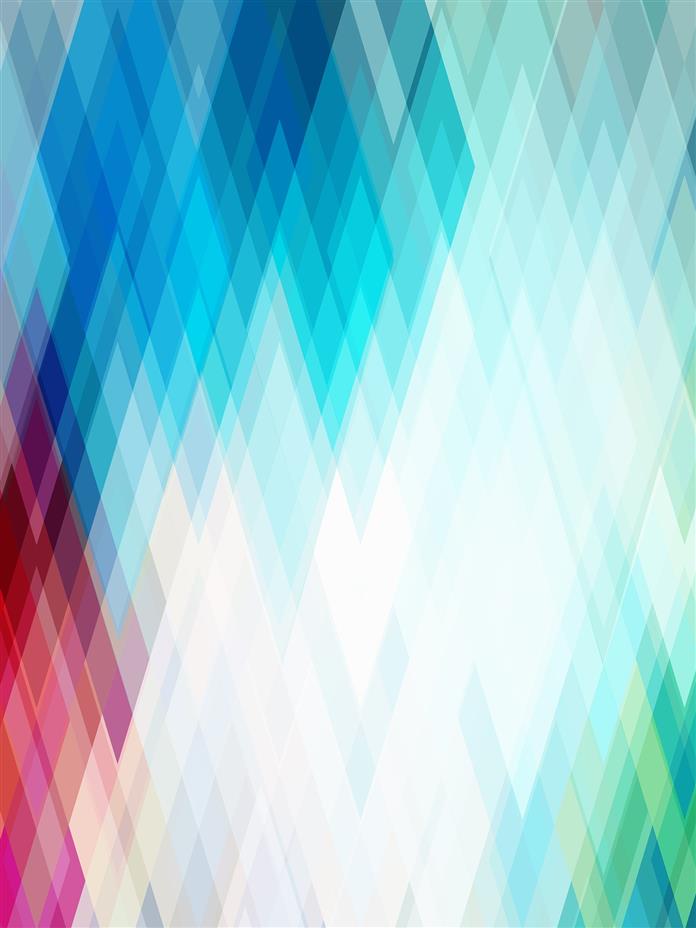
The active component in the extract is the steroid guggulsterone, which acts as an antagonist of the farnesoid X receptor. This property was once conceived to result in reduced cholesterol synthesis in the liver. However, several studies have been published that suggest no overall reduction in total cholesterol happens using several doses of guggulsterone. Also, levels of bad cholesterol is known to have increased in many people.
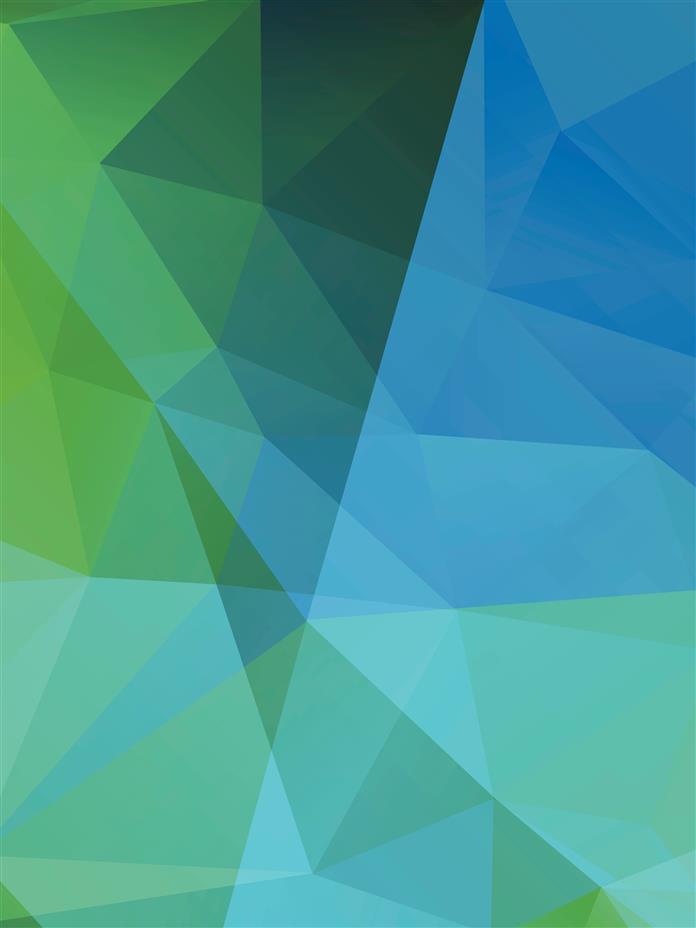
Though guggal is available in various forms, it is most commonly found in capsule form, in its natural state. In many weight loss supplements, it is combined with other weight loss ingredients such as green tea or guarana extract.

Side Effects of Guggul

- Research has shown that only a small percentage of people experience the ill effects of Indian Bedellium. Fallouts are usually associated with long-term usage, or when the supplement is taken in amounts greater than 6,000 milligrams per day.
- Besides that, side effects are usually seen when this medicine is combined with certain other drugs, like estrogen supplements or oral contraceptives. Also, when taken with blood-thinning medications like warfarin, it can result in severe bleeding.
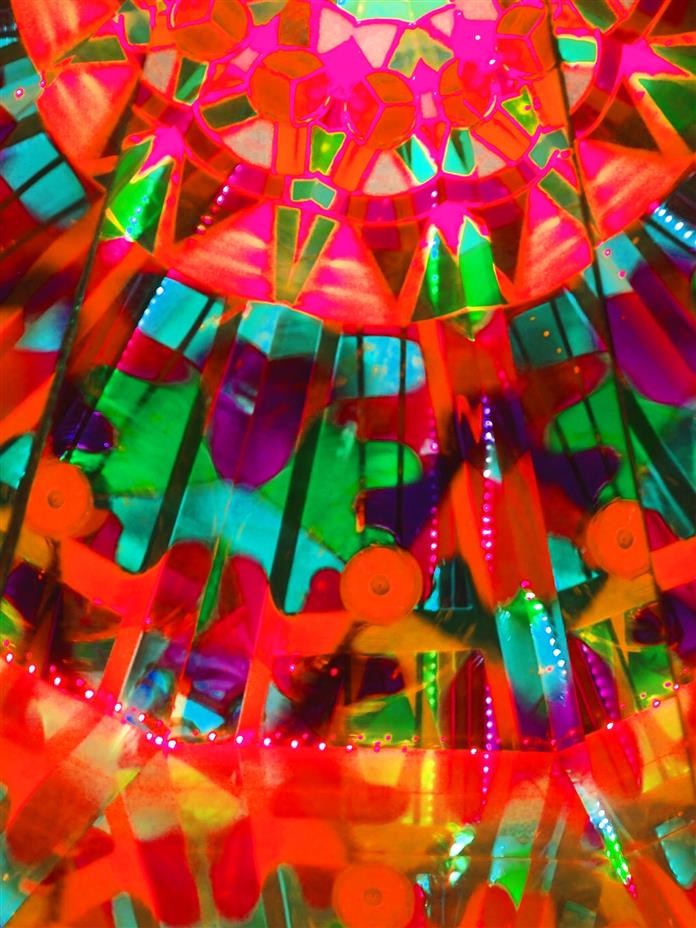
- It is known to increase the potency of anti-inflammatory pain killers, drugs used to lower blood pressure, muscle relaxants, lithium, and diuretics.
- Guggal also may interact with acetaminophen and medications to treat cancer, heart diseases, and AIDS.

- Some other crude fallouts are abdominal pain, diarrhea, hiccuping and burping, loss of appetite, nausea, and nervousness. However, some believe that purified forms of guggul available in health food stores generally do not have side effects except for causing a mild abdominal discomfort.
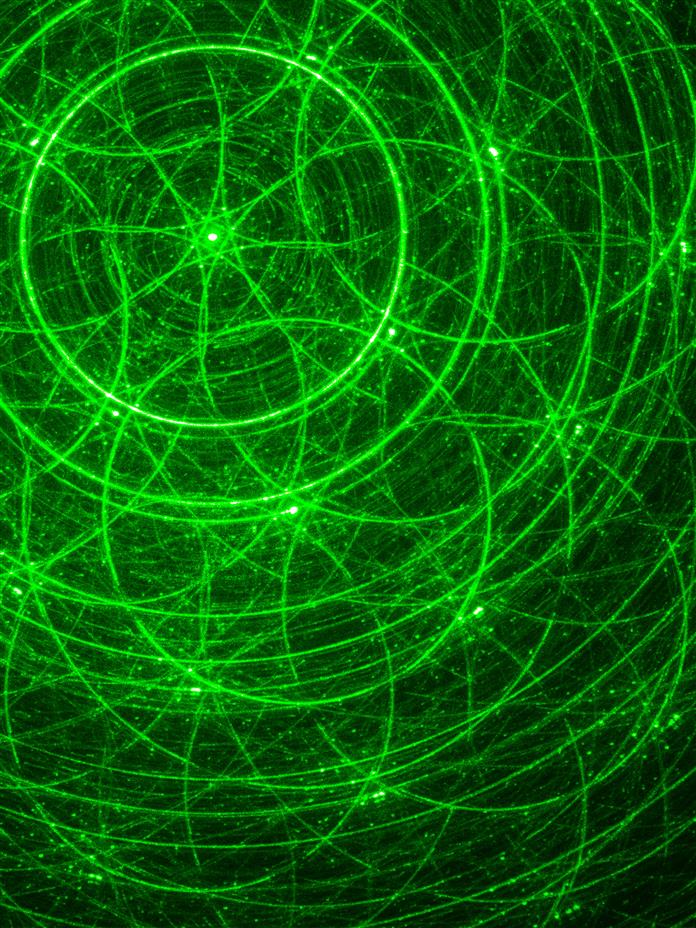
- Another relatively common negative consequence is skin rash. In a study done by the Journal of the American Medical Association (JAMA), it was shown that only six out of 67 healthy adults developed a rash while taking guggal.
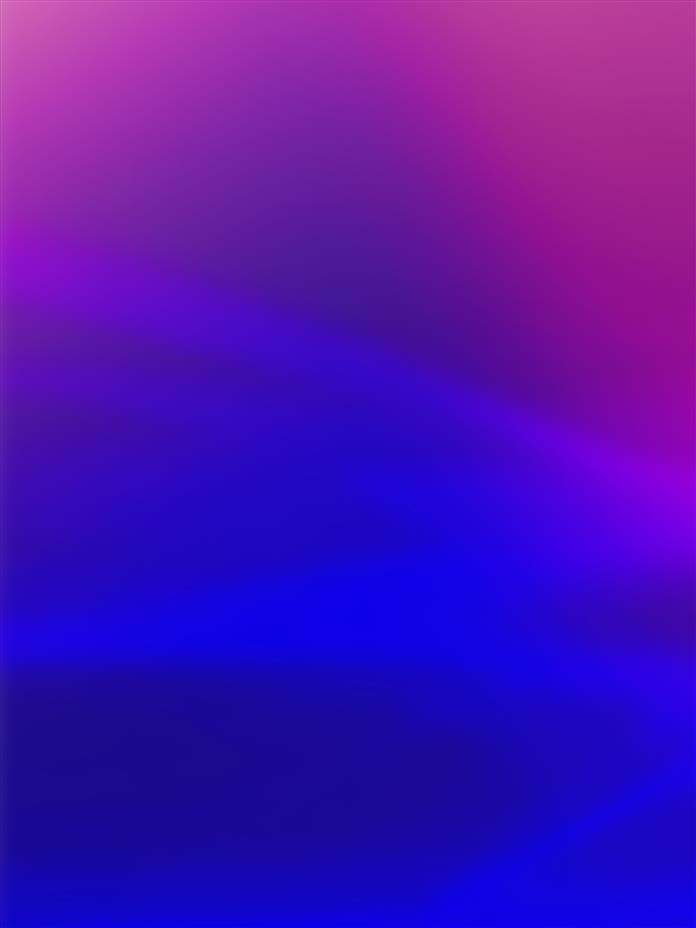
- Some patients develop hypersensitivity when gugglesterone is used continuously for weeks or months. Though the ill effects of guggul are usually mild allergic reactions which only cause skin hives, they have the potential to cause shortness of breath, racing heartbeat, and even anaphylactic shock in some cases.
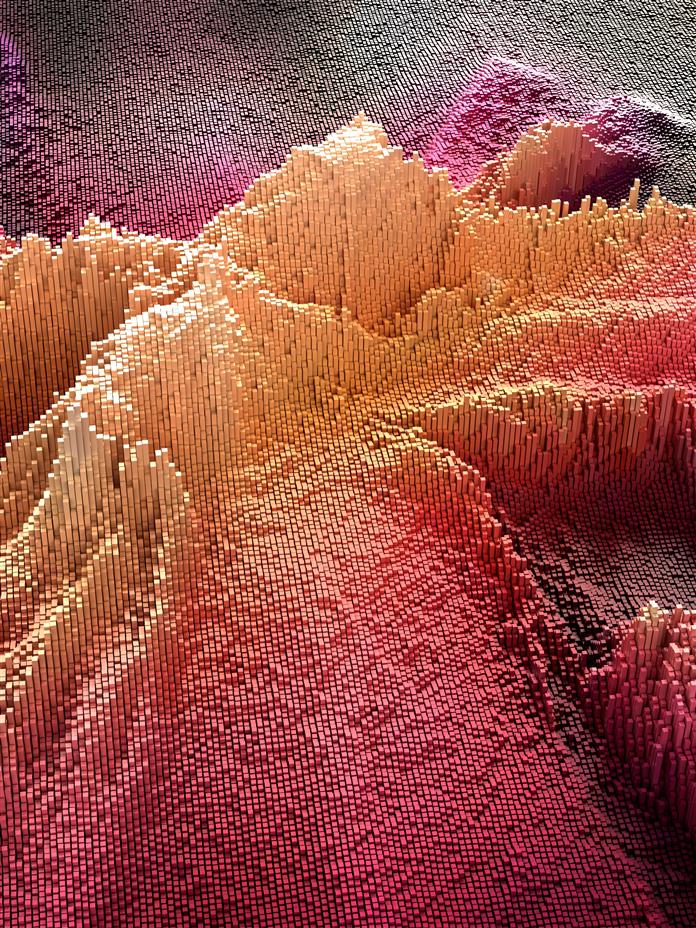
Thus, it is important to consult your doctor before you start taking this medicine. If you are pregnant, breast feeding, allergic to any kind of medicine, taking blood thinning medicines like aspirin and warfarin, taking high blood pressure medicines, or have migraine, it is absolutely necessary to seek medical advice.

Health Benefits

- Guggal is known to promote easy digestion and helps to lose weight.
- It is also an aphrodisiac agent and promotes effective sperm production.
- It relaxes the muscles which helps in relieving menstrual pain.
- Guggal acts as a blood detoxifier which breaks up stagnation in the body.
- It is used as a heart tonic for strengthening the heart.
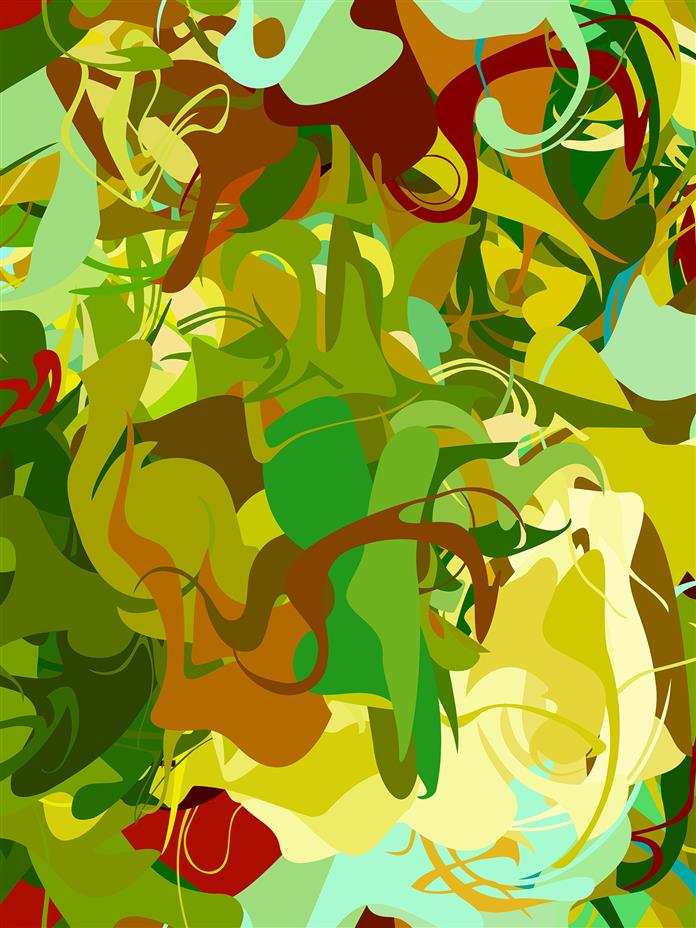
- Guggulsterones have been reported to stimulate the thyroid, which is known to have a beneficial effect on people with under active thyroid glands.
- It has antioxidant properties and protects the heart muscles by preventing oxidative damage.
- It is also considered very useful for curing acne.
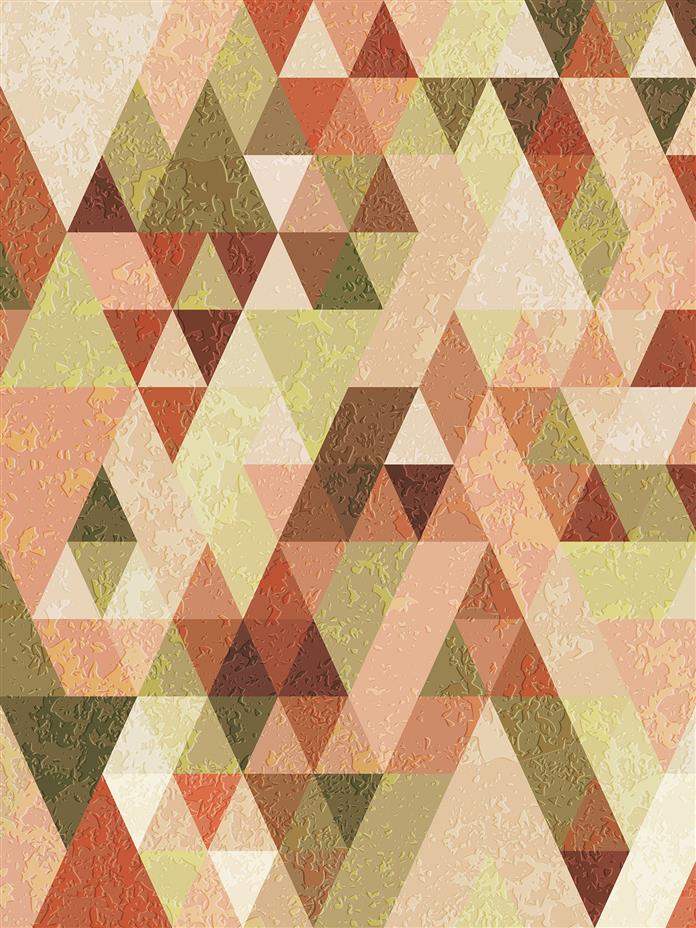
It is important to remember that anything taken in excess is bound to have fallouts. While guggal has its benefits, if taken without an expert's direction, then it is likely to result in unpleasant consequences.
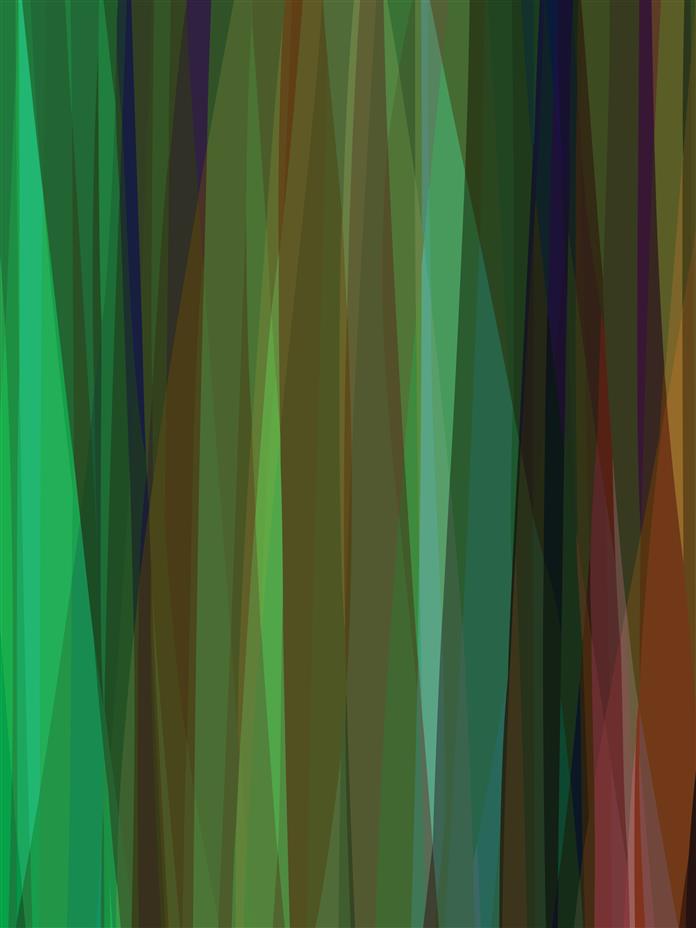
Disclaimer: This story is for informative purposes only and should not be used as a replacement for expert medical advice.